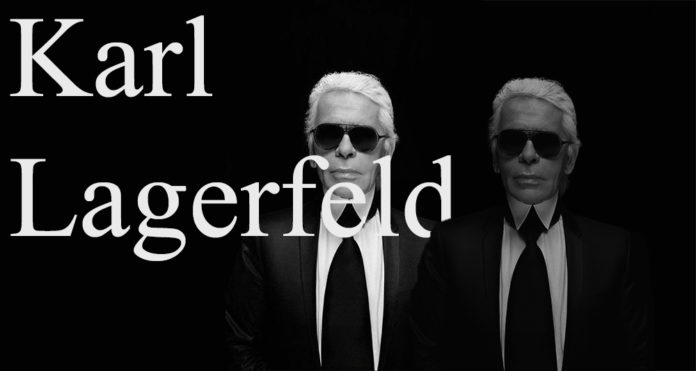World-renowned fashion designer Karl Lagerfeld passed away Feb. 19 in Neuilly-sur-Seine, France, at age 85. Of his many accomplishments throughout his historic career, Lagerfeld is most notably known for his role as a creative director for Chanel. Lagerfeld was also the creative director for Fendi and started his own line in 1984 called “Karl Lagerfeld.” Lagerfeld is not a global phenomenon because he created a new silhouette as Coco Chanel did. Instead, he was a design shapeshifter. Through his unique talent and ability, he was able to routinely design for countless high fashion shows. Many designers were often stuck in a rut with monotonous color schemes and patterns. Lagerfeld completely broke the mold and showed people fashion could be versatile. For all his accolades, Lagerfeld will also be memorialized by his offensive comments.
Despite the countless celebrity Instagrams and obituaries mourning the loss of a creative genius, few people have spoken critically about how problematic this fashion icon was. Like many influential figures in history, Lagerfeld’s past is riddled with questionable decisions. His sharp tongue and myriad of offensive comments were problematic within the fashion world. In 2012, Lagerfeld called the world-renowned British vocalist Adele “a little too fat.” In an age where there have been so many strides in the fashion industry towards body positivity, this offensive comment had an archaic undertone that was inconsistent with today’s fashion industry objectives.
His contemptuous comment regarding Adele is not the only negative thing Lagerfeld has said on the record. Leading up to the 2017 Academy Awards, Lagerfeld completely slandered actress Meryl Streep, calling her “cheap” for choosing a dress she would be paid to wear instead of a Chanel piece. Instead of issuing a sincere apology, Lagerfeld gave a generalized blanket statement to the press. The pattern of insulting and offending women with no overt remorse was chronic during his career. Unfortunately, these comments are not the only stains that smear his legacy.
In 2017, Lagerfeld publicly attacked German Chancellor Angela Merkel for opening Germany’s borders to migrants. On a French television show, he said, “One cannot, even if there are decades between them, kill millions of Jews so you can bring millions of their worst enemies in their place.” This abhorrent quote again sparked massive public controversy. By this point, Chanel was already a household name. In 2017, Chanel reported profits of $9.62 billion, up nearly 11 percent from 2016. In the wake of Lagerfeld’s offensive comments, the fashion conglomerate still succeeded. The industry continues to tote and celebrate a problematic figure with no public acknowledgment or apology for his mistakes.
Many glowing obituaries and articles have been written in the wake of Lagerfeld’s death, yet many do not openly criticize him. As part of celebrating this monumental fashion icon, it is equally important to recognize his shortcomings. By minimizing his offensive comments, it minimizes the slander and hurt he inflicted on people. Let’s be critical in celebrating his life and acknowledging his faults: Lagerfeld was a fashion genius, and at the same time contributed to very abusive commentary against famous female figures.
Lagerfeld’s legacy prompts a broader question of the fashion industry at large: What does it mean to consume products by people we find morally objectionable? Lagerfeld is not the only example of a problematic fashion icon. According to a recent article by the New York Post, Gucci recently released a “blackface turtleneck,” causing extreme outrage and subsequent boycotts of the brand by Spike Lee and 50 Cent.
Artists’ choices affect greater social issues at large. For Lagerfeld specifically, his life should be remembered in entirety and not merely for the good and talent he provided the fashion world for over 40 years. At a certain point, problematic choices must be called out on a larger scale.
![]()




































